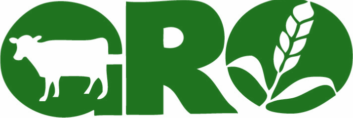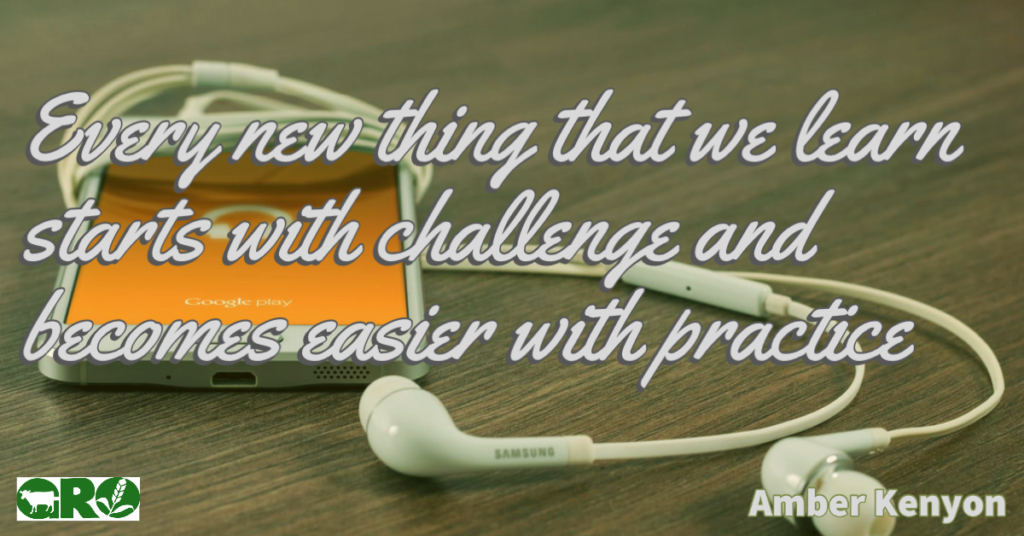The coronavirus has really impacted the way that people connect with one another and our ways to access information. As we venture into this season of change, we need to learn how to connect in ways that we may never have thought to in the past. We can be thankful that the internet has made this easier than it might have been 20 years ago. A lot of us though are left scratching our heads at some of the technology being talked about right now. One such thing is the idea of podcasts. What are podcasts? What are they good for? And how can we access them? These are some of the questions being asked right now. Hopefully this article will shine some light on what podcasts are and how we can use them.
Let’s dive right into it. Podcasts are described as ‘on-demand internet radio talks’ that are typically audio recordings of a conversation between a host and a guest speaker. Something like what you might listen to on the radio, or they can be just one person speaking and sharing information, ideas or thoughts. They have been around for quite a while now but are picking up traction as more people are online and looking for learning resources.
There are some terrific agricultural podcasts out there, one of our favourites is the Rural Routes to Climate Solutions podcast. RR2CS offers a wide variety of episodes on the technology and practices that are good for both the farm and for the environment. Derek Leahy is the host of this podcast and is based right here in Alberta. He is great at finding very interesting people to interview and asking the right questions. A neat thing about this podcast is that being Alberta focused, a lot of the people being interviewed on it are our own friends and neighbours. The solutions and ideas that they offer are ones that are being used right in our own communities.
Real Agriculture also has a podcast with a wide range of topics focusing on issues that impact agriculture. As a Canadian organization, they look at everything from agronomic research to covering and talking about agricultural shows. With over 220 episodes there is sure to be something for everyone.
The Working Cows podcast is another great one for ranchers to find ways to maximize the effectiveness of your cattle operation and the joy that your family receives from this lifestyle. Clay Conry hosts the Working Cows podcast and is based out of South Dakota and his podcast focuses on everything from herd health, to soil health and grazing concepts.
These are just a few of the many podcasts that are available online. Now the next question that often comes up is the ‘how to’ question. It’s great to know that these online radio talks are out there somewhere, but how can we actually listen to them?
There are a few different ways to access podcasts. If you are looking for a specific podcast, or you are wanting to follow just one organization through their podcasts, an option is to go to their website and click play. If you are wanting to follow more than one organization or host, it may be worth looking into a free app that you could have on your mobile device for podcasts. There are some terrific ones out there, with some of the easiest to use being Google Podcasts for Android devices and Apple Podcasts for iOS devices. There are some great options that work on both types of devices if you use both within your household too. Some of the more popular ones are Podbean and Spotify.
Once you have a podcast app downloaded, finding something to listen to can be as easy as clicking the search button and entering a subject, or the organization that you’re looking for. Once you’ve found a person or group that you would like to continue to listen to, you can click subscribe and then you should get notifications every time a new episode becomes available. The other thing that you can do with these podcasts is click the download button for episodes that you want to listen to. Many of us work in remote areas without access to the internet, so by downloading the episodes that you want to listen to, you can listen to it at a later time when you are not in range of internet service.
This may seem like a lot of information to take in, and it is, but every new thing that we learn starts with challenge and becomes easier with practice. There are a lot of groups that would be happy to help you access information using tools like podcasts. If you have questions, please do not hesitate to contact us, or your local research or forage association.
Amber Kenyon
Gateway Research Organization
(780)307-7849

